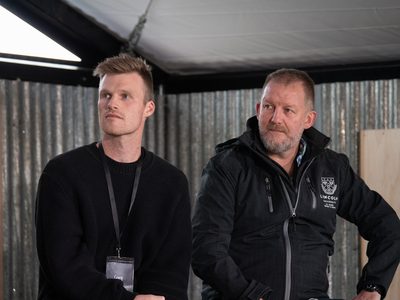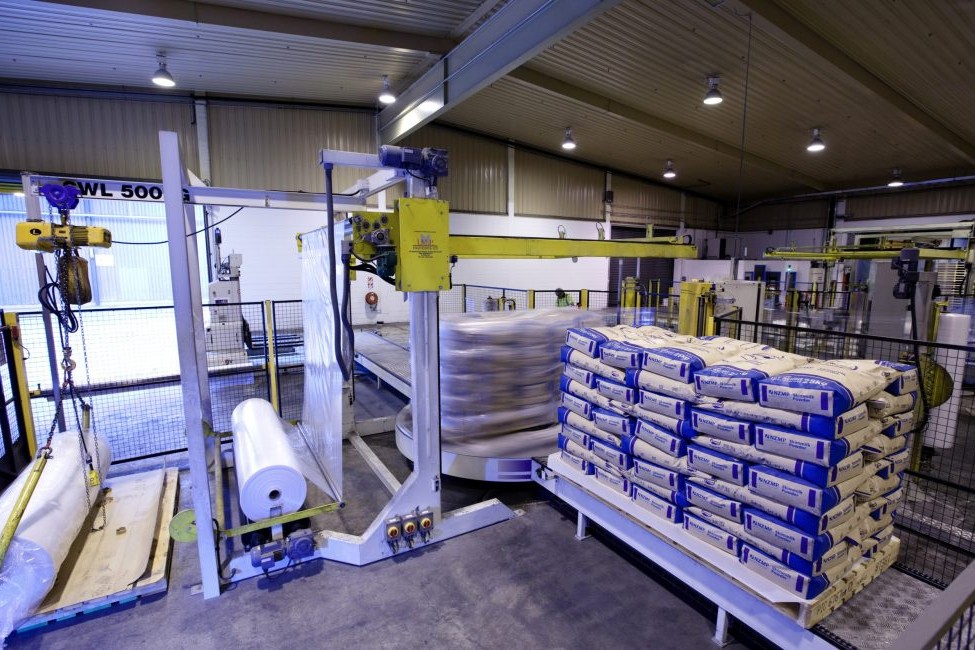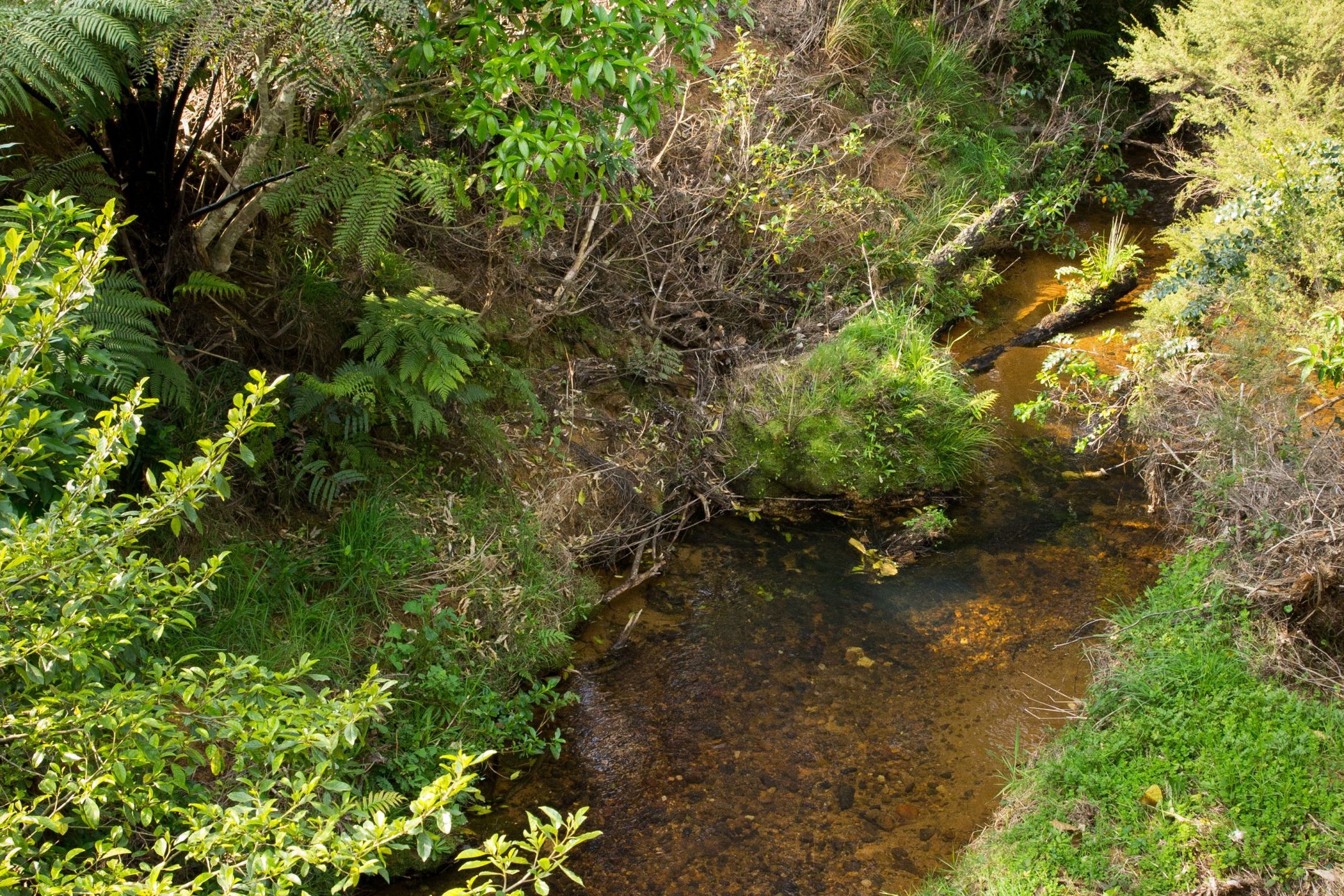Ten years of working in an audited environment is paying off for Canterbury farmers, Anne Lee writes.
Technology and data will be an integral part of dairying in the next decade with the insights they provide used to design farm systems, to tell our farming stories to consumers and to certify our our quality assurance.
That’s the view from a three-person panel at Dairy 2032 – an event hosted in Canterbury recently by agritech company Halter.
Veterinarian and animal health researcher Scott McDougall, Canterbury environmental consultant Charlotte Glass and Waikato dairy farmer Peter Morgan joined a panel discussion led by host Scotty Stephenson.
Charlotte told the audience of about 100 farmers the sector must move its thinking beyond compliance alone, shifting towards customised strategies for individual farms that deal with both the current and foreseeable environmental issues.
“The nice thing is that when you get 10 years ahead of compliance and you look back, you’re considering emissions and sequestration, changed climate and water quality and then you start to realise the mitigations you should be doing work for all of those things and the world starts to make sense.”
Canterbury had a head start on most regions and has been working in an audited environment for almost 10 years. While the goal posts – in terms of rules – aren’t shifting, necessarily, they can be confusing and there are a lot of them, she says.
“What we do to cope with that – we try and get it ahead of it by 10 years – build a strategy and then you can choose the bits you want to fight and the bits you don’t want to.
“The more you have to provide evidence the more you question the logic and the more you do that the more you ask questions of research and you get on to the front foot.
“There’s a big change in direction towards understanding environmental aspects, and rightly so – we probably over-pushed things a wee bit and whilst we turn the big old Thames truck around – which is the strategy for the country – it takes us a bit of time to inform the logic.
“But NZ farmers are the best in the world at innovating and that’s because they like to understand things from first principles.”
The rules at present relate to water quality but the rules in terms of greenhouse gas emissions are coming and it will take a different kind of thinking to find farm systems solutions for them.
“We’ll have to think about biogenic emissions differently – we can’t produce our way out of this one.
“Even if we get mitigations, they won’t be free, they’ll come at a cost.”
Peter says 10 years isn’t very long in a farming time horizon.
“It’s the day after tomorrow.”
“We’re going to have to be better connected – connecting staff with pastures, with animal management and our farm system so staff not only understand how the farm works but also how they contribute to it. “Farmers must stay in control, contributing as reasonable people to the discussions with government and regional councils, taking our consumers along with us so they understand we’re human and they understand our story.”
He and wife Ann own a 265-hectare farm running 630 cows all fitted with Halter technology. Two of their farm team are career changers who aren’t that driven by technology, he says.
“But that can be ideal because they don’t want to ‘play’ with toys.
“They want to create outcomes – how do I optimise my time, my animal movements, my grazing management?”
The data collected by the solar-powered collars is also giving the team an extra layer of insight into the “secret lives of cows”, he says.
Cows can be so staunch sometimes they don’t show signs they’re unwell early on, he says. The data will be imperative to prove to consumers that cows are happy and healthy, Scott says.
“If we don’t have social license, we ain’t got an industry.”
Having the swathe of data collar technology such as Halter can provide is one thing, but it will be vital that smart algorithms then monitor and analyse that data to create dashboards and management options for farmers.
We also need robust science on how that data tells us cows are happy – what defines a happy cow?
“What does good rumination actually look like, for instance?”
Then we’ll be able to tell overseas consumers, hand-on-heart, that our cows are happy and healthy and we have the data to prove it, he says.
Welcome to continuous transparency

Think of yourself as a Formula One driver with a crew chief in your ear, explaining what’s going on and a whole team of engineers, probably working remotely, monitoring and evaluating data and the environment you’re working in and the performance of your operation.
That’s the analogy Lincoln University Professor Hamish Gow uses to explain farming into the next decade where data and insights from it will inform and certify the business. He says the sector is about to undergo a series of “flips.”
“We’re moving from a world that was regulated and compliance-based to a world that’s certified and going to be driven by the conscious consumer.
“We’re moving from a world that’s ‘tick the boxes,’ to one which has continuous transparency driven by digital passports.”
Farmers will go from jack of all trades to running high-performance teams, moving from tacit knowledge to having codified, digitised and artificial intelligence (AI) enabled data so all the players in the high-performance team can engage.
“Telling the story isn’t enough anymore – it has to be validated.”
Conscious, high-value consumers in Europe were already demanding products with digital passports for items such as textiles and electric cars and it was just a matter of time before that included food.
“We are at the point of systems change.
“We don’t know exactly what it will look like but we know it’s coming.
“The government has already put its flag in the sand with its Fit for a Better World strategy.”
It’s not something to fear though. New
Zealand farmers have done it before, he says.
Halter chief executive Craig Piggott agrees.
“Change can be really exciting and building a better business is super exciting.
“We’ve got to lean into this.
“You won’t be in the machine running it all the time, you’ll be working on it.
“You, as the farmer, become the decision maker, critical thinker you’re strategising about how to make trade-offs.”
Farmers will become the pilots in their business and insights from data will provide them with information to make the best decisions as well as tools to help them execute their management decisions.
WATCH VIDEO: www.youtube.com/watch?v=Ct1EbjnT0bY





